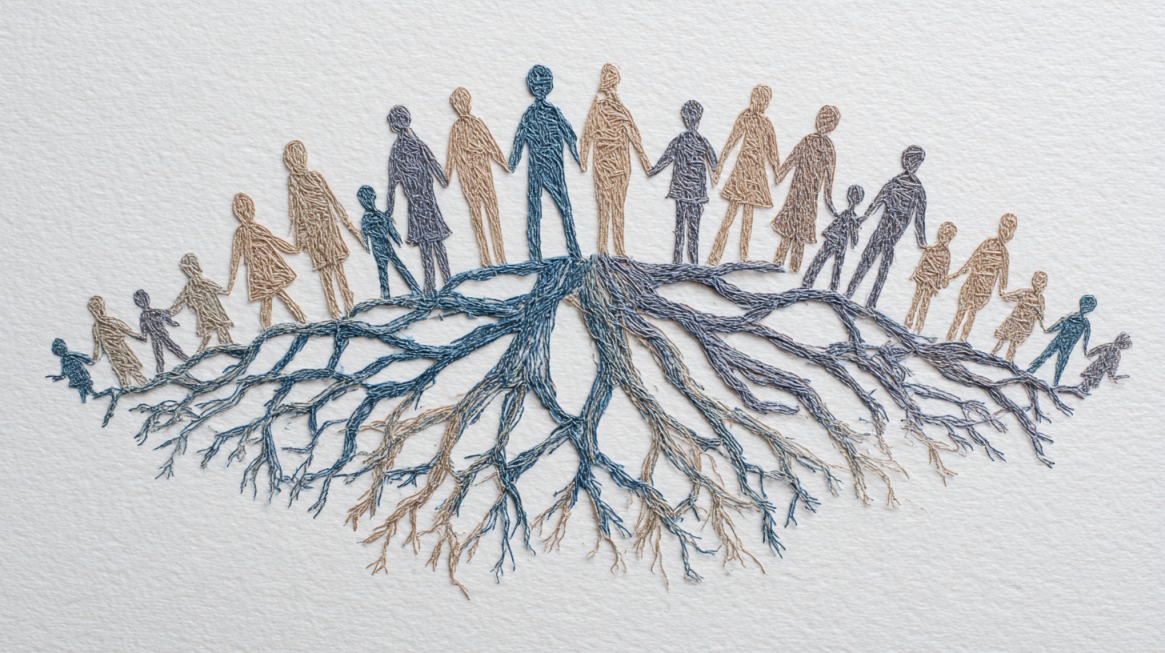Study abroad programs provide students with an opportunity to live and learn in another country.
More than a temporary relocation, these experiences reshape academic perspectives, cultural views, and personal growth.
Students return home with new skills, lasting memories, and a broadened sense of self.
Let’s talk about it.
Academic Growth and Learning Style Adaptation
Studying in a different academic system introduces students to structures and expectations far removed from what they are accustomed to.
Columbia students often describe the British model as less guided, placing greater responsibility on the individual.
Instead of professors monitoring every step, students must learn to manage workloads, deadlines, and independent projects.
Such an approach strengthens self-discipline and nurtures higher-level problem-solving skills.
Adaptation to this system demands initiative and a proactive mindset, which later benefits both academic and professional pursuits.
In Spain, participants in the ICES program encountered a different type of challenge.
A rigid grading system tested resilience and forced students to approach academic work with determination. Instead of perceiving strict evaluations as discouraging, many recognized them as opportunities to grow.
Every assignment became a chance to refine skills and prove commitment to excellence.
Academic enrichment also extended outside traditional classrooms. Programs included cultural elements, such as literature-based tours in London, where classroom lessons connected directly with real-world contexts.
Many students kept a mini photo book to capture these academic experiences, turning classroom theory into memories they could revisit later.
These experiences made learning more vivid and memorable, reinforcing the importance of adaptable learning strategies.

- Adapting to independent and self-regulated learning styles.
- Building resilience in rigid or highly demanding grading systems.
- Applying classroom concepts to real-life settings through cultural immersion.
- Developing transferable skills such as time management, self-discipline, and critical thinking.
Cultural Awareness and Global Perspective
Experiencing daily life in a different culture encourages curiosity and broadens horizons.
Kingston ISC places strong emphasis on cultural immersion, urging students to participate actively in customs and traditions.
Such engagement allows participants to see life through different perspectives, challenging preconceptions and encouraging empathy.
In Spain, ICES students recall how even simple routines, like adjusting to smaller breakfasts, required patience and adaptation.
Instead of frustration, those changes provided insight into cultural values that shaped everyday life.
Columbia participants similarly noted that European lifestyles inspired them to reflect on their own ways of living.
Adjustments in daily behavior translated into long-term awareness of cultural variety and personal growth.

- Daily practices, such as food habits, that reshape perceptions of comfort and routine.
- Immersion activities that encourage tolerance and flexibility.
- Cross-cultural friendships that encourage empathy and dialogue.
- Reflection on one’s own culture triggered by comparisons abroad.
Each moment of immersion contributes to shaping globally minded individuals who see the world in broader terms than before.
Language Acquisition and Communication Skills

Study abroad often provides the most effective environment for acquiring or refining a second language.
In Spain, ICES participants found that immersion transformed not only their vocabulary but also their perspective on social interactions.
Communicating in Spanish required an awareness of hierarchy, politeness, and rhythm of conversation that differed greatly from what they had known before.
At Kingston, programs stressed the career advantages of language learning. Students improved employability while also forming deeper connections with locals.
Mastering a language in the environment where it is spoken ensured that learning was lasting and practical.
- Increased fluency and conversational confidence.
- Enhanced employability in international contexts.
- Stronger integration into host communities.
- Greater cultural awareness tied to communication styles.
Personal Development
Now let us discuss a couple of aspects that can help with personal development.
Independence and Adaptability

Living abroad requires courage, as students must navigate systems without familiar safety nets.
ICES participants share stories of mistakes like booking errors or losing their way in unfamiliar streets.
Instead of failures, these situations became important lessons in resourcefulness and self-reliance. Each challenge faced alone became a building block of confidence.
Columbia students emphasize moments where they said yes to new and sometimes intimidating opportunities.
Accepting unfamiliar experiences led to personal breakthroughs and reinforced adaptability. Independence gained during these programs remains valuable long after returning home.
- Learning to solve unexpected problems.
- Adjusting quickly to new environments.
- Building confidence through trial and error.
- Recognizing personal growth through small victories.
Interdependence and Social Growth

While independence develops, so does an appreciation for interdependence. Relationships formed abroad often define the experience as much as academics or travel.
ICES students point to host families who offered not just meals but emotional support and academic guidance.
Host families provided stability in an otherwise unfamiliar setting.
Columbia participants describe friendships formed through shared adventures and travel.
Weekend trips became opportunities to bond, creating memories and connections that lasted far longer than the program itself.
These experiences highlight the importance of collaboration and social connection in personal growth.
- Building trust with host families and local peers.
- Experiencing cooperation in group travel and study projects.
- Developing cross-cultural communication skills.
- Strengthening bonds through shared challenges.
Career and Professional Advantages

International experience often translates into strong career benefits. Employers see study abroad as a sign of adaptability, resilience, and global perspective.
Kingston programs emphasize how employers value cultural awareness and the ability to thrive in different environments.
Students with such experience frequently stand out in job applications and interviews.
At ICES, intercultural competence guided career paths, inspiring participants to enter fields such as global education, diplomacy, or international business.
Columbia alumni often credit their time abroad with motivating them to pursue professional opportunities in other countries.
Exposure to new ways of living and working provides not only skills but also inspiration for career direction.
- Improved resumes through international experience.
- Enhanced adaptability valued by employers.
- Clearer career direction influenced by global exposure.
- Expanded opportunities for working in international environments.
Transformation of Identity

Returning home after study abroad often brings a changed sense of identity.
ICES participants describe the experience as similar to receiving an “eye transplant,” seeing the world differently upon return.
The bicultural identity they carry blends their home culture with new perspectives gained abroad.
Columbia students frequently recall how life in Europe encouraged them to pursue long-held dreams.
Some chose to stay abroad, while others redefined their future goals based on inspiration gained during the program.
Identity transformation extends far past academics and careers, reaching into the very way students perceive themselves and their place in the world.
- Adoption of bicultural perspectives.
- Re-evaluation of personal values and goals.
- Increased self-awareness shaped by cultural comparison.
- Confidence to pursue dreams that once seemed out of reach.
The Bottom Line
Study abroad programs enrich academic growth, cultural awareness, language proficiency, and personal development.
Students return home more confident, globally minded, and career-ready.
Every challenge and discovery becomes part of a lifelong learning process, shaping choices long after the program ends.
The impact resonates for years, redefining futures in ways that cannot be measured in grades or travel miles.

